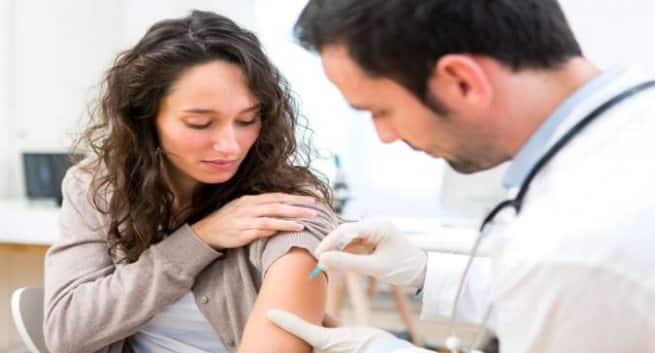DNA vaccination is a technique for protecting against disease by injection with genetically engineered DNA so cells directly produce an antigen, producing a protective immunological response.






Designed to help integrate immunization services into health care settings new to vaccination, this vaccination guide is equally valuable …

CDC reports vaccination coverage among adults in the United States remained low during 2015. Read more at Morbidity and Mortality Weekly Report (MMWR).
Adapted from the American Academy of Pediatrics (AAP) Michigan Department of Health and Human Services – Division of Immunization Rev.: 2/13/2018

These guidelines are intended to be a reference for veterinarians who utilize vaccines in their respective practices. They are neither regulations nor directives and should not be interpreted as such.
CDC’s Adult Vaccination web site. The specific vaccines you need as an adult are determined by factors such as your age, lifestyle, risk conditions, locations of travel, and previous vaccines.
Symptoms of measles include high fever, rash, runny nose, pink and watery eyes, coughing, diarrhea, and earache. The risk of death from measles …

Pneumococcal Disease: Hard to say it; easy to get vaccinated Additional Facts about Pneumococcal Vaccination Mild side effects include redness or pain at the injection site.
Administering vaccines to adults: dose, route, site, and needle size: One-page reference table [#P3084]
A history of having this disease does not mean life-long immunity, therefore vaccination is still necessary. All persons who have received a course of diphtheria, tetanus and whooping cough vaccine as a baby (usually given at 6-8 weeks, 4 months and 6 months of age) require booster doses at 4 years, 12 years (in the NSW college Vaccination
